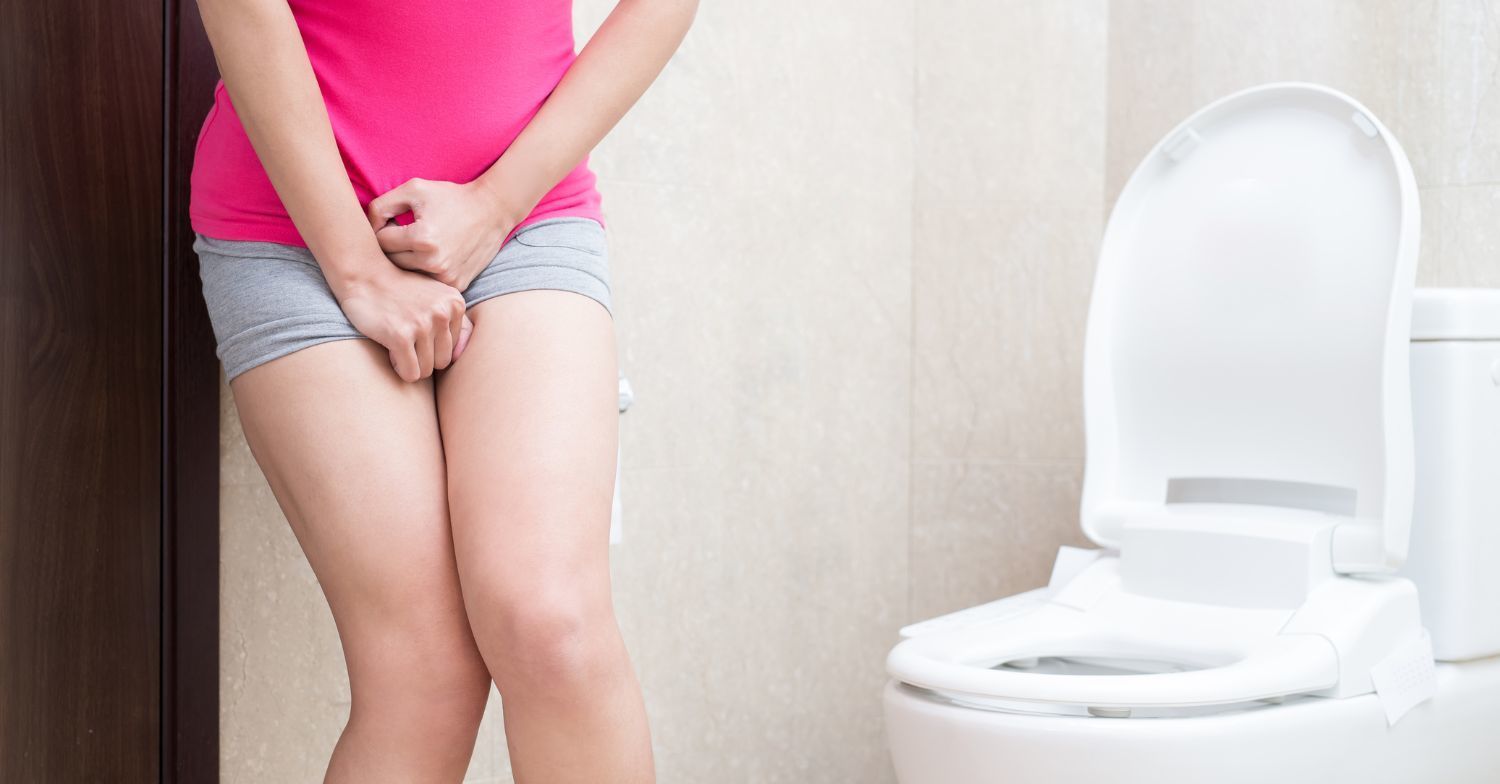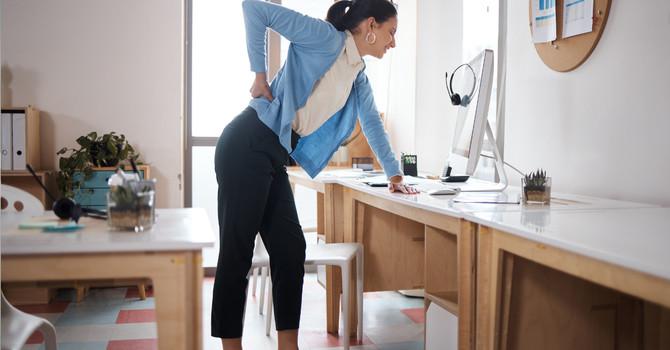
Does this sound familiar?
- Constant bathroom trips due to that annoying urge.
- A sneeze and a dribble with embarassment to follow.
- A hard laugh with friends and sudden end to the evening to go home and change your undies.
- You chase after your kids at the park and feel that same sinking, embarrassed feeling, thinking, I guess this is just part of motherhood.
You are not alone — and it does not have to be this way.
Bladder leakage, urgency, and discomfort may be common, but they are not normal. Your bladder health is closely connected to your pelvic floor, your whole body, your nervous system, and even your hormonal balance. When all of these pieces are addressed together, you can find lasting relief.
The Connection Between Your Pelvic Floor and Your Bladder
Your pelvic floor is a group of muscles, ligaments, and fascia that support the organs above it including your bladder, uterus, and rectum. These muscles help you start and stop urinating and are part of your core muscle system.
When these muscles are too weak, too tight, or uncoordinated, they can cause things like leakage, urgency, frequency, incomplete emptying, or even pain.
Pelvic floor issues are often influenced by digestion, hormone levels, posture, breathing patterns, and stress, so focusing only on the pelvic floor muscles can miss important pieces of the puzzle.
My Whole Body Approach for Bladder Health
In my practice, pelvic floor therapy for bladder health is rarely going to include only kegels. Here are some of the strategies I use instead:
1. Pelvic Floor Muscle Relaxation and Coordination
We focus on first ensuring you know how to fully relax your pelvic floor muscles, then we might train them how to contract and coordinate with your breathing and movement so your muscles can respond well when you need them and rest when you do not. Our pelvic floor muscles should be a rest and relaxed most of the day so they're ready to work for us when we cough, sneeze, lift, etc.!!
2. Visceral Manipulation
Gentle hands on techniques to improve mobility and blood flow around the bladder, urethra, and nearby organs, which can reduce tension that causes urgency or discomfort.
3. Core and Hip Strengthening and Lengthening
A stable core and strong, mobile hips give your pelvic floor better support and mobility, helping with pain, continence and reducing strain during daily activities.
4. Hormonal and Cycle Support
Bladder symptoms often change during your cycle, perimenopause, postpartum recovery, or other hormonal transitions. I help you understand these patterns and make adjustments in self care and activity.
5. Nutrition for Bladder and Hormone Health
We review hydration, bladder irritants, and foods that support both bladder comfort and hormonal balance, including strategies to balance blood sugar and reduce inflammation.
6. Stress Reduction and Nervous System Support
Stress can cause the pelvic floor to tighten and urgency and pain to increase. I teach calming breathwork, vagus nerve activation, and other tools to help your body and bladder relax.
7. Sleep Support
Poor sleep can worsen bladder urgency and hormone imbalances. Together we create strategies to improve rest and reduce nighttime bathroom trips.
8. Posture, Breathing, and Movement Patterns
Daily habits from how you sit to how you lift your children can put pressure on your bladder. I help you make simple adjustments to protect and support your pelvic floor.
Why This Approach Works
By looking at the full picture, including muscles, fascia, nerves, hormones, digestion, stress, and lifestyle, we can address what is truly driving your bladder concerns.
Instead of a one size fits all plan, you will leave with a personalized strategy to help you feel more in control, confident, and comfortable.
Bladder problems are common but they are not a normal part of aging, motherhood, or menopause (despite what people may tell you, including your doctors)!
With a comprehensive pelvic floor physical therapy plan that considers your whole body and your unique life, you can restore bladder health and feel confident doing the activities you love without the constant worry about leaks, urgency, or discomfort.
Dr. Emily Mason
Contact Me


